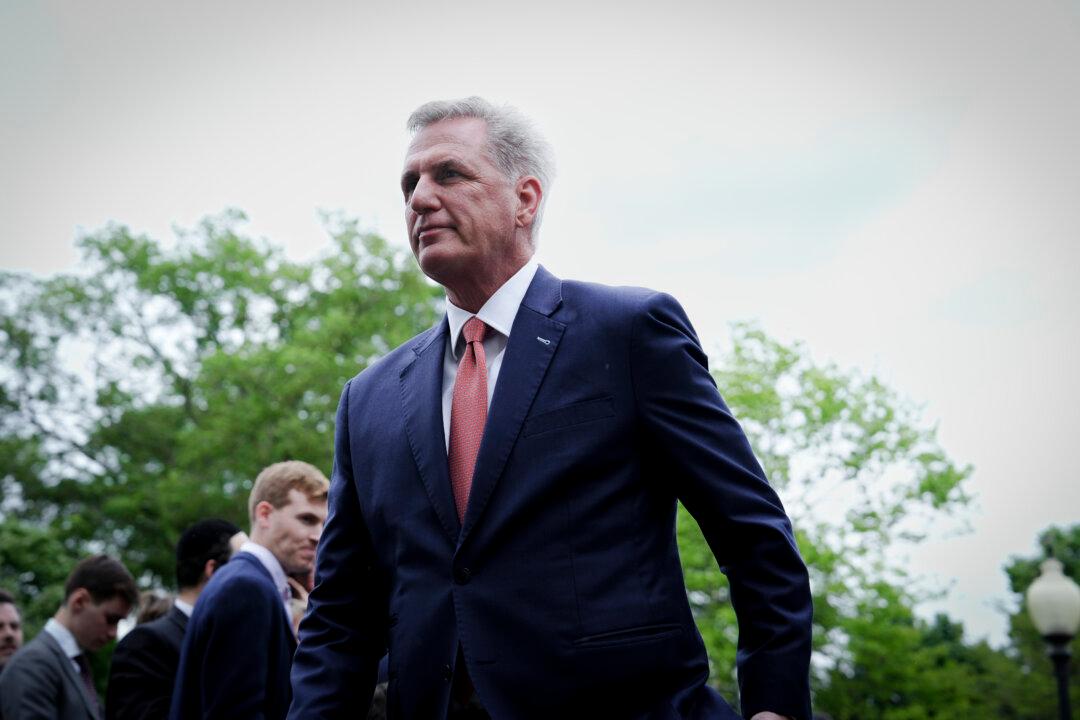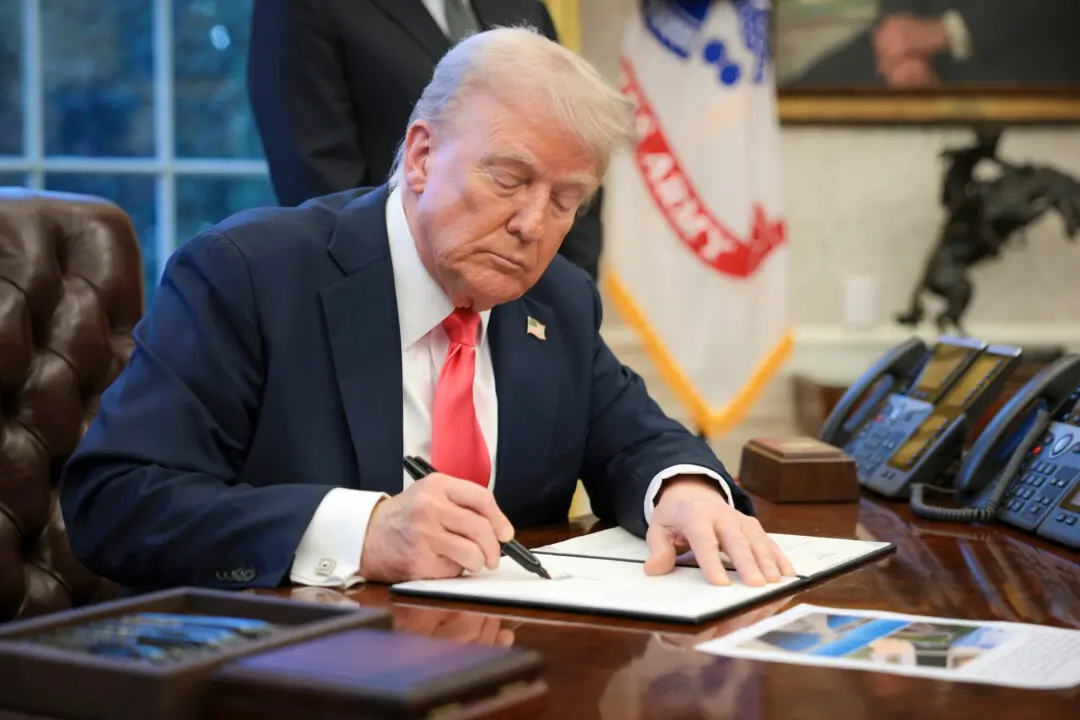House Speaker Kevin McCarthy (R-Calif.) is no longer the underrated leader of the House of Representatives.
After encountering a rocky road to the speakership and being persistently ignored by President Joe Biden, the dogged Californian succeeded in compelling the president to negotiate, standing firm on red-line issues, and moving a debt ceiling bill through Congress while holding a razor-thin majority.





